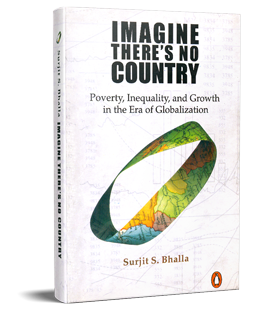If you are interested in finding out answers to these questions –
Has globalization made the world grow faster?
Has poverty declined at a faster pace during globalization? If yes, why?
If not, is it because the growth rate was lower, or because inequality worsened, or both?
Who gained from globalization?
Was it the elite in both the developed and developing world?
What about the middle class? Who are they? How did they benefit from (or lose to) the forces of globalization?

